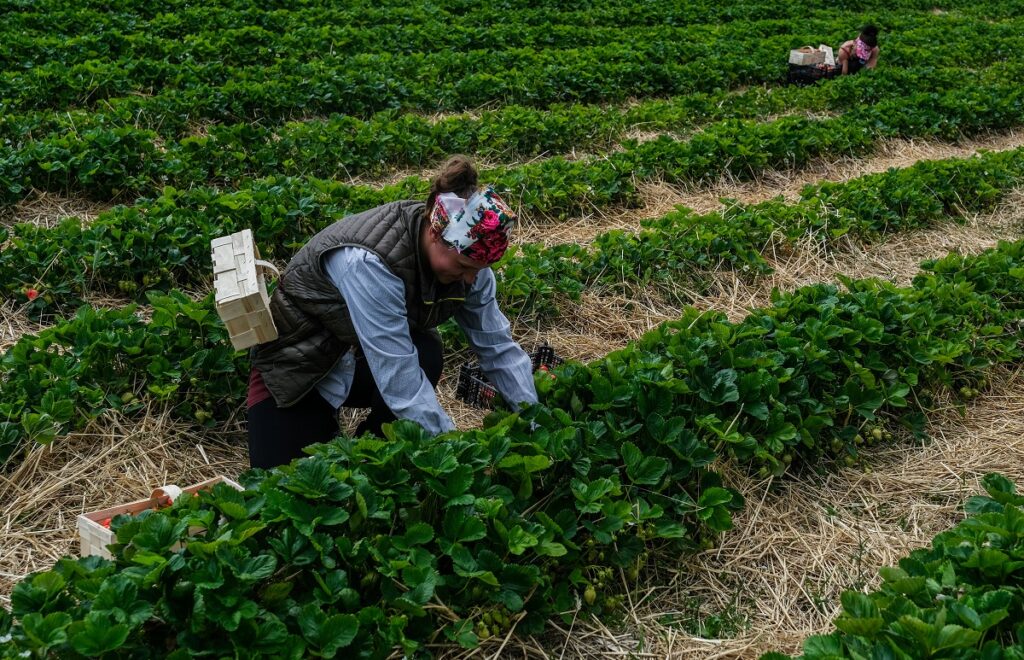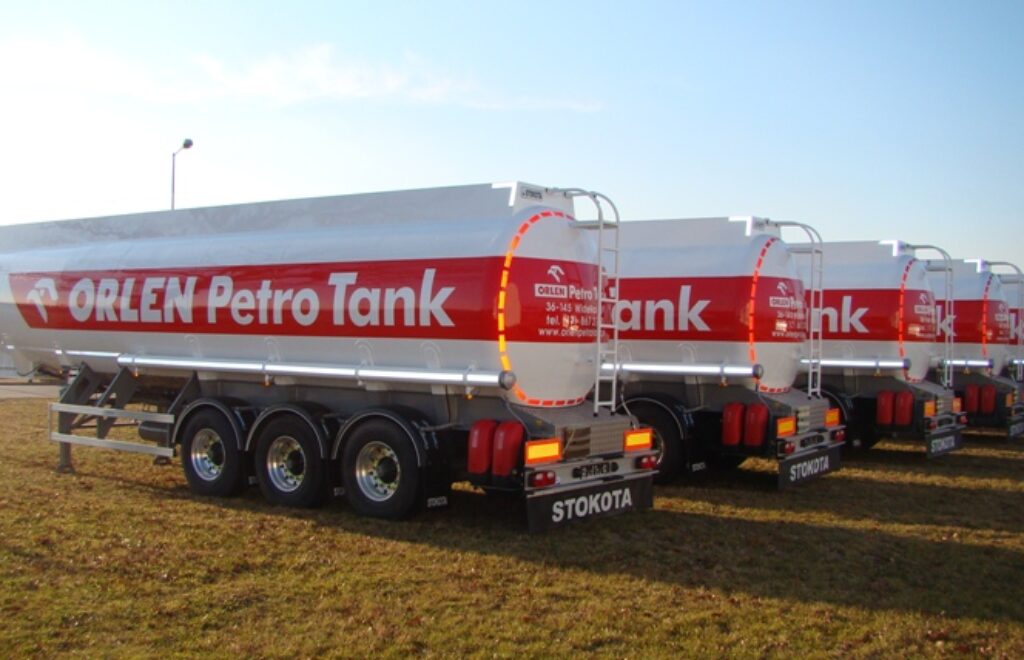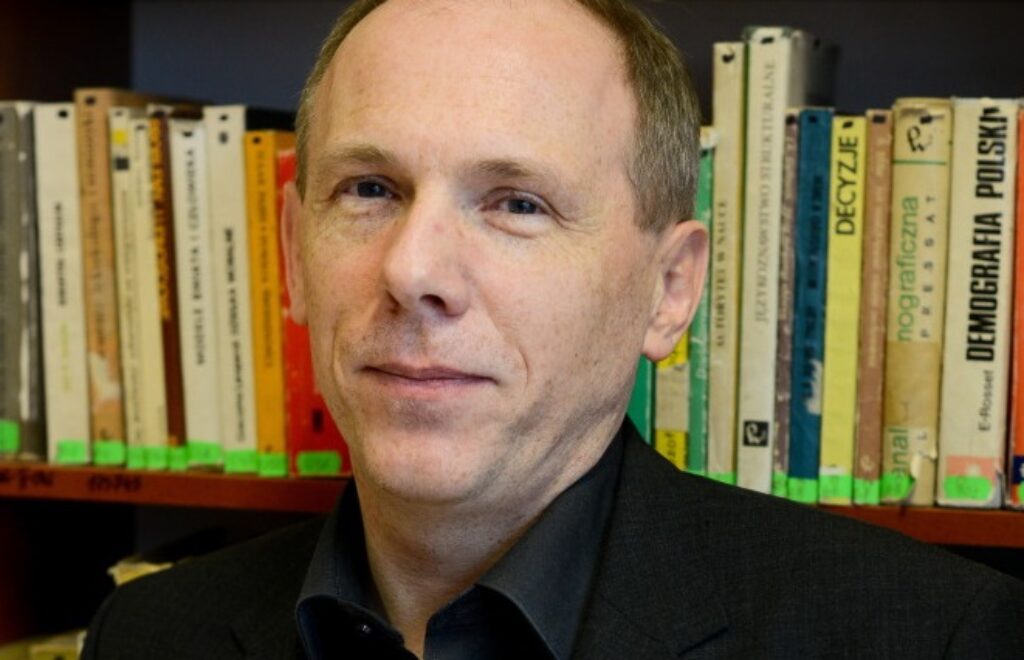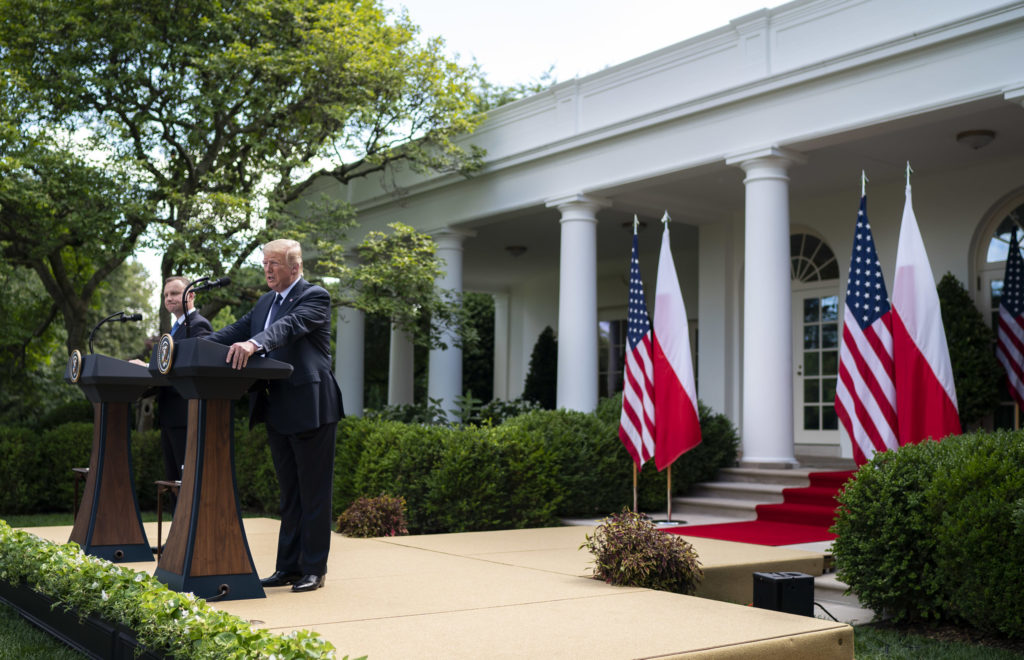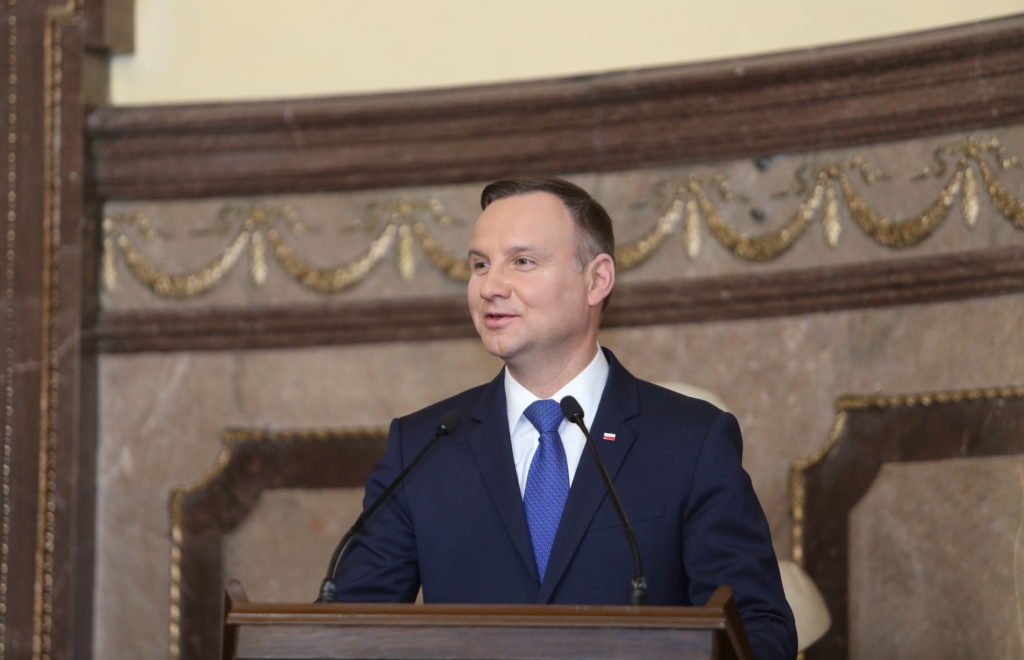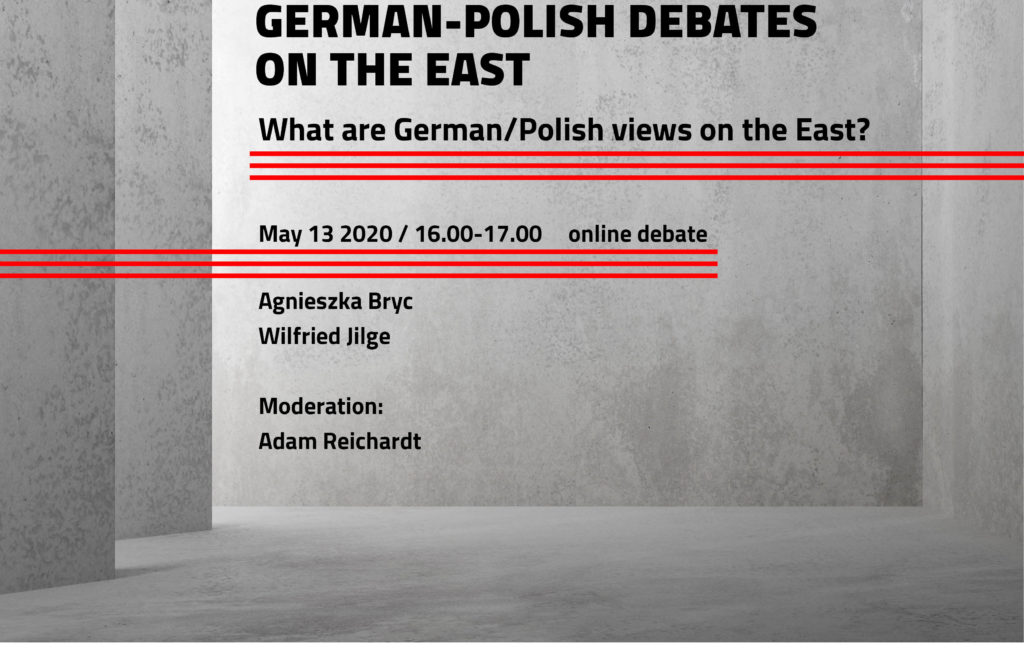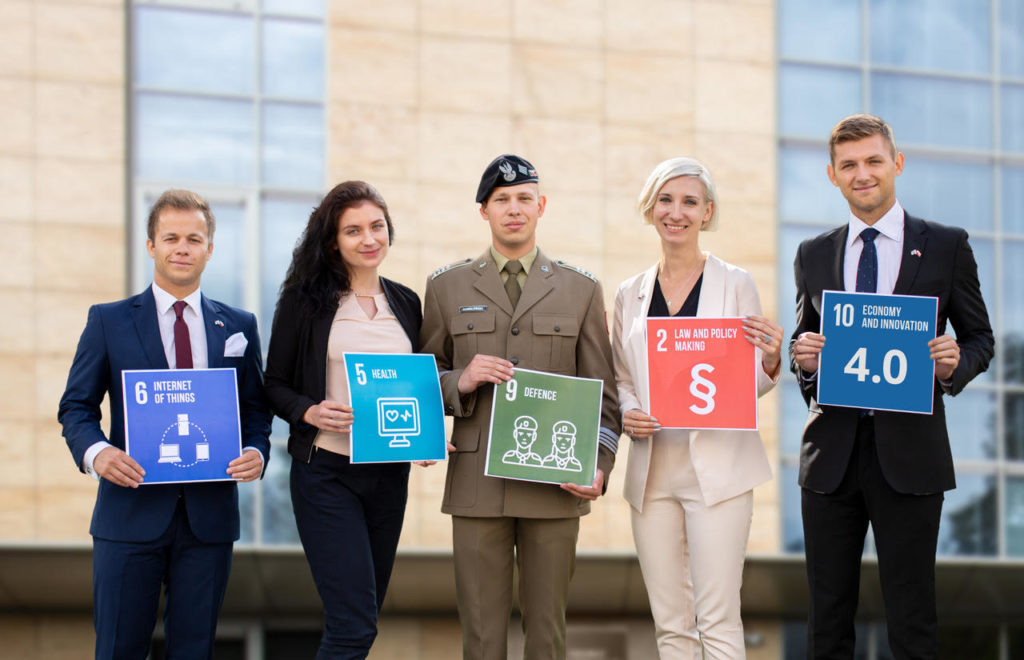Picking strawberries in a pandemic
Every few minutes, a new van arrives at the market in Czerwińsk nad Wisłą – a village about 65 kilometres northwest of Warsaw. Crowds of merchants converge around every one of them. The driver does not even have time to park or open the door, the merchants surround him. The vehicle stops, the door opens. Another one arrives, with only a few goods, taking up a third of the van. There are several dozen boxes of strawberries inside. These are the only ones available. The crowd shouts: “How much? How much?”
September 7, 2020 - Magdalena Chodownik Omar Marques


